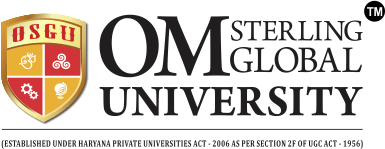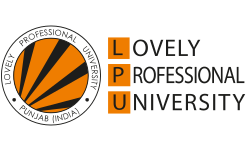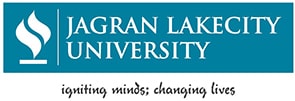Human Resources Courses
Human resource management courses are designed with the aim to provide a comprehensive understanding of the functioning of the human resource department in an organization. Talentedge offers some of the top human resource management courses for aspiring HR professionals. These certificate courses in human resource management are created by premier B-Schools like XLRI, IIM Kozhikode, MICA, etc to equip you with the knowledge, skills, and capabilities required to create a compelling career in this domain. Check out our human resource certification courses and begin your journey with the one that matches your requirements.




 Back
Back 



























































































